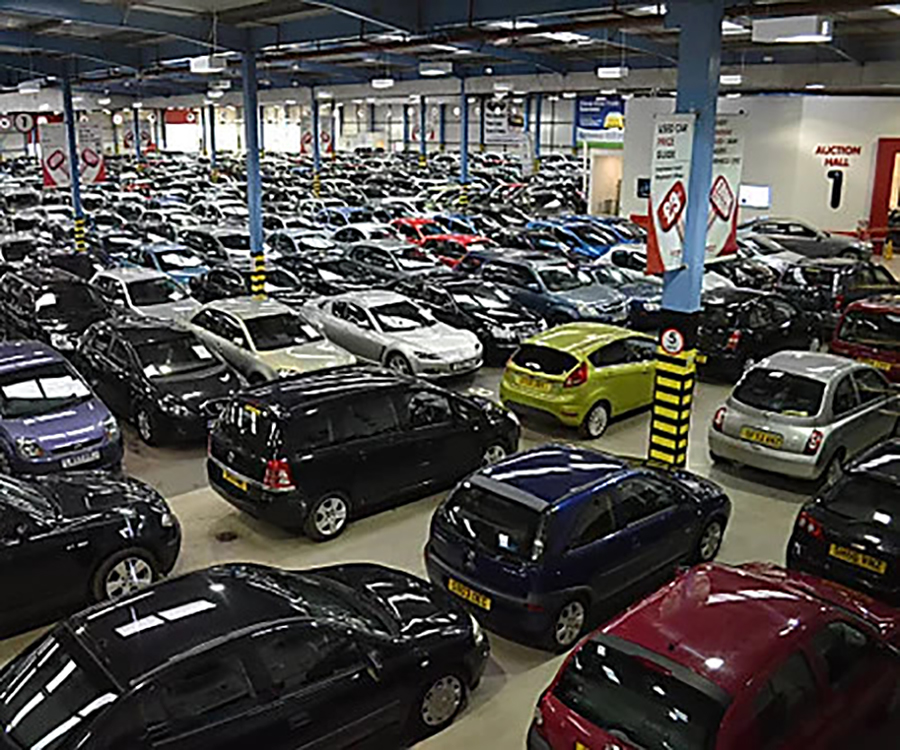What to Know About Acquiring Police Impound Cars
Vehicles end up in police impound lots for a range of reasons—from unpaid tickets to legal disputes—and some eventually become available for public purchase. This guide explores how various agencies manage these cars, what factors influence their availability, and what individuals often consider when reviewing potential listings or upcoming auctions. Understanding these processes offers deeper insights into what makes each opportunity unique.

How Police Car Auctions Function
Police car auctions operate through either live in-person events or online bidding platforms. Local law enforcement agencies typically partner with auction companies to manage these sales. Vehicles are listed with basic information including make, model, year, and known mechanical conditions. Auction dates are published through sheriff departments’ websites, local newspapers, and dedicated auction platforms. Prospective buyers must register and obtain bidding credentials before participating.
Understanding Impounded Vehicles for Sale
Impounded vehicles come from various sources, including:
-
Abandoned vehicles recovered from public property
-
Cars seized during criminal investigations
-
Unclaimed vehicles from police storage facilities
-
Repossessed vehicles from financial institutions
Each vehicle’s history and condition can vary significantly, making thorough inspection crucial when available. Some vehicles may require extensive repairs while others might be in ready-to-drive condition.
Title Status and Documentation Requirements
Before bidding on impounded vehicles, buyers must understand title status requirements. Most agencies require:
-
Valid government-issued identification
-
Proof of funds or pre-approved financing
-
Registration as an authorized bidder
-
Immediate deposit upon winning bid
Successful bidders typically receive a certificate of sale and must complete title transfer procedures according to local regulations.
Accessing Sheriff Auction Listings
Finding legitimate sheriff auction listings requires:
-
Checking official county sheriff department websites
-
Subscribing to auction notification services
-
Monitoring local government public notices
-
Contacting impound facilities directly
Many jurisdictions now offer online search tools to browse available vehicles before auction dates.
Cost Considerations and Pricing Structure
Vehicle prices at police auctions can vary significantly based on condition, market demand, and competition among bidders.
| Vehicle Category | Typical Starting Bid | Additional Costs |
|---|---|---|
| Economy Cars | $500 - $2,000 | $150-300 fees |
| SUVs/Trucks | $1,000 - $5,000 | $200-400 fees |
| Luxury Vehicles | $2,000 - $10,000 | $300-500 fees |
Prices, rates, or cost estimates mentioned in this article are based on the latest available information but may change over time. Independent research is advised before making financial decisions.
Important Considerations and Risks
Purchasing impounded vehicles carries certain risks. Vehicles are typically sold “as-is” without warranties or guarantees. Buyers should:
-
Conduct thorough vehicle inspections when permitted
-
Research market values beforehand
-
Budget for potential repairs
-
Verify all documentation requirements
-
Understand local registration procedures
Successfully navigating police impound auctions requires careful preparation, realistic expectations, and awareness of both opportunities and limitations inherent in these transactions.




